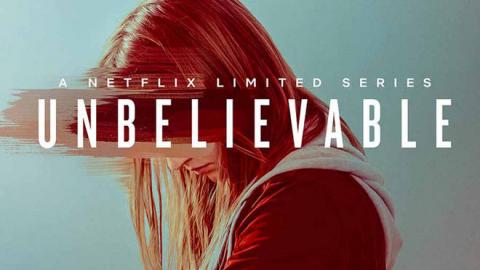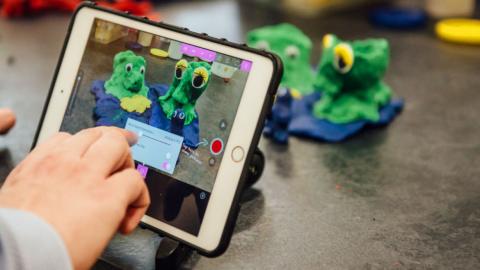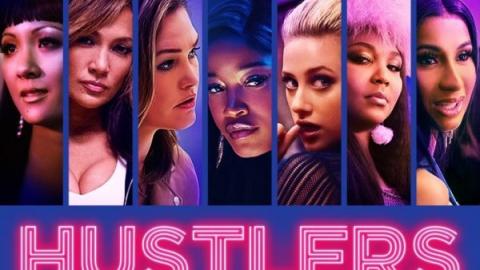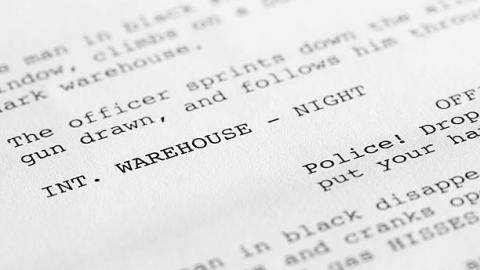Movie Reviews: "The Lobster" is A Beautifully Filmed Black Comedy
Share with friends
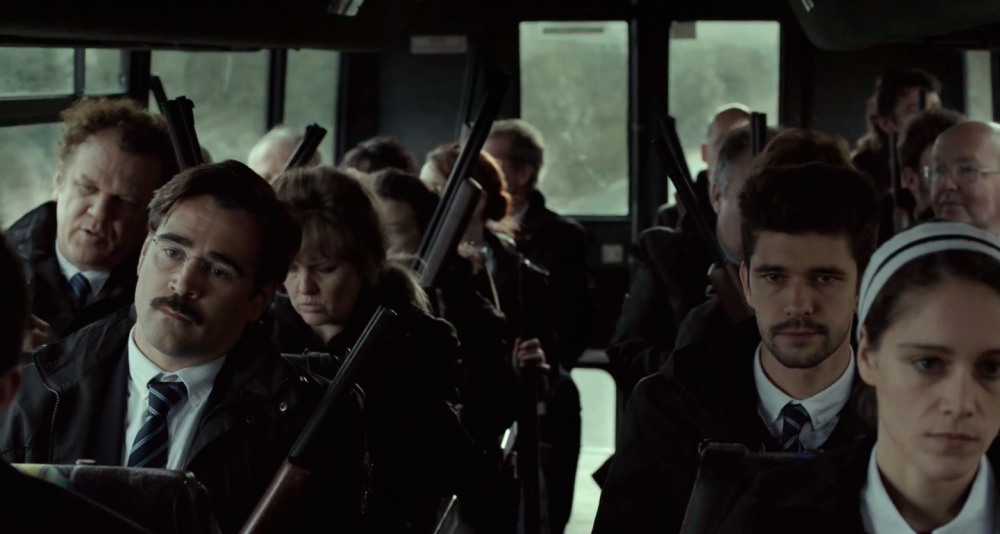
The Lobster is a wild rollercoaster ride that is as terrifying as it is great! *warning: spoilers*
Hmmmm… “What is The Lobster?” That’s kind of a tough question.
For me, it was terrifying. Not quite “Are You Afraid of the Dark?” scary, but it frightened me in a way that made me feel worried and anxious, and that’s exactly what you’d want from a horror film, right? I mean, I genuinely thought I was tricked into watching the most fantastic horror film since 1977’s Susperia.
Except, no guys, The Lobster isn’t actually a horror film. It’s just the darkest of black comedies, and an absolutely, beautifully filmed one at that. Even though I was scared, there were some parts where I was laughing my buns off! The cast together was hysterical with just the right amount of awkward, and I know it’s still young in the new year, but I’m going to go ahead and say that it has easily become my favorite movie this year. Why? I honestly can’t pinpoint an exact reason, but I’ve seen it FOUR times and that has to count for something, right? Let’s break it down and see if I can’t figure out what it is that so thoroughly drew me in.
First, Yorgos Lanthimos (Director, Dogtooth) has struck some heartstring in me that I didn’t know I had…I mean, think of it this way: this movie is pretty much observing cavemen-like people in a dystopian world (not too far off from our own). But Lanthimos seems to be researching the human mind, its fascinating dimensions, and possible variations of humanity, which is driven by our basic relationships/attractions and our animalistic instincts.
The Lobster is a world where there’s no longer Tinder. There’s no Match.com. There’s no…dating, really, at all. You’re either in a bizarre robotic relationship, or you’re at a hotel resort being forced to find one. The shocker is, however, that if you don’t find a suitable partner (“mate”) within a limited amount of time, you will be turned into an animal of your choice and released out into the world. It’s like...failing at online dating and thus being declared a useless member of society, your existence deemed so utterly worthless as a human being that you and the world must be better off if you de-evolved into animal form. That’s...pretty messed up, and yet so intriguing.
I mean....what sort of mental abuse is this?! And why do I love it so much?! Maybe it’s because The Lobster was so transfixing and exquisite in its elegant use of Lynchian surrealism, yet still very real in the world created by Lanthimos. Lanthimos has envisioned a beautifully sad and poetic world with co-writer Efthymis Filippou in which humans have become dependent on their animal instincts; true, bubbly, lovie-dovie emotions have become a thing of the past. They simply don’t exist in any but a few confused, accidentally rebellious characters.
Now…is that scary to you? It is to me. I think it’s frightening because it seems so possible, especially with the way Lanthimos set up the world. Or maybe I’m paranoid. You tell me…which is me saying GO AND SEE IT.
If you’re not interested in a potentially realistic future world where the freedom to choose your relationship status gets taken away, then you should at least go see it for the score. The music alone is nothing short of entrancing. Truly. It’s like...a bittersweet waltz or ballet or--I don’t know, I’m not a dance person, but I know beauty when I see it. Music was expertly used to set the mood of each scene, becoming particularly humorous during The Hunts in which people living in this “last chance to find a mate” hotel literally hunt one another in the woods, vying for a few extra days before their timer on remaining human runs out. It’s a unique juxtaposition, and it made me think of some of Lars von Trier’s films - Antichrist and Melancholia in particular. To give another example of the film’s relationship with music, think of any film ever made by Stanley Kubrick and how the score was used in his films to dictate how you were supposed to feel as a viewer.
On top of that, the acting is CRAZZZZZYY. And yes, it needed that many “Z”s (“Zeds” as Dame Helen Mirren says). The style of acting almost wasn’t acting at all. It wasn’t Nicholas Cage over the top and it wasn’t, like...Steven Wright monotone even though the characters existed in an essentially emotionless world. It just worked, finding a perfect middle ground between the two, if that make sense.
I was also FASCINATED by how specific and simple each actor was with one another, all from different parts of the world, creating this bold, hyper-simple, pseudo-Ray Bradbury dystopia that can be interpreted so many different ways just depending on your personal viewpoints.
At the Cannes Film Festival 2015, the cast and crew were asked what they each thought the movie was about.
“Relationships” was the overarching response; however, Colin Farrell said, “Just because I was in the film does not mean I know what it’s about than any other audience member or person watching the film.”
“We all have our own interpretations,” Rachel Weisz said, “I feel the film is narcissistic” (which I believe is an absolutely valid approach to her actress-perception of the film) as well as, “it’s very Romantic with a capital ‘R’."
John C Reilly said, “It’s sort of like being in a prison movie.”
All thoughts as true as the other, because when it comes to surrealism, not everything has to make sense.
After going on this wild, confusing, comically frightening ride in which we follow Colin Farrell’s character, David, as he struggles first to find a mate, then to rebel against the system, it was the final three scenes of the film that really reached inside my chest and said, “Hello? Is this thing working?” and then went into my head and shouted, “Ding-Dong! Is this thing on?” We’re brought to a tense moment in which David, prompted by the teachings of society, must decide whether to blind himself for love or to continue to go against everything he’s ever been brainwashed with and just let himself live like a sane human being. I was completely drawn into that moment, and it wasn’t just me. As David was standing there with a knife poised right in front of his eye, the entire audience was biting their nails, gripping their chairs, vocalizing their discomfort at what he was or wasn’t going to do: blind himself so that he could match the “special quality” of his blind girlfriend, or ditch the idea that mates needed to have the same distinct trait in order to be compatible.
It is a valid point to ask though…what does happen at the end of the film?
Does he go through with it?
Does he return to his girlfriend simply pretending to be blind?
Does he run away and leave her?
I suppose what you think happens at the end is really what’s going to tell you the most about your character, and maybe that’s why I really like it. It’s a film that makes you think about you, your ideals, your optimism or pessimism, what you might do if placed in the same situation. The Lobster is a movie that takes you on a strange, emotional rollercoaster only to leave you at the tippy top, and where the track goes from there is entirely up to you. That’s why it’s scary, and that’s why it’s great, and that’s why I’ll say again–
Go watch this movie! Four times if you have to. Because every time is worth it.
